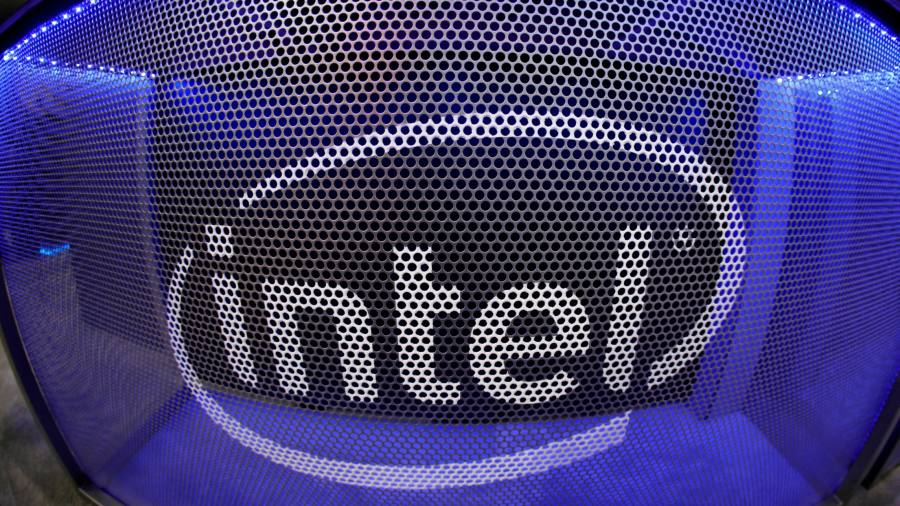Intel has agreed “in principle” to invest approximately $25bn in a new chipmaking factory in Israel, prime minister Benjamin Netanyahu said on Sunday.
The US semiconductor group said that it had “submitted a business plan to upgrade its manufacturing facilities in Israel”, where it has operated since 1974, but declined to confirm “specific details of the project”.
“Our intention to expand manufacturing capacity in Israel is driven by our commitment to meeting future manufacturing needs . . . and we appreciate the continued support of the Israeli government,” Intel said in a statement.
The upgrade is one of a number of chip plant investments planned by Intel, and comes as tensions between the US and China over Taiwan, which dominates the high-end global chip market, have prompted chipmakers to reassess their operations around the globe.
Intel is in talks with Germany over a €20bn plant in Magdeburg, and said last week that it would build a $4.6bn semiconductor assembly and testing plant in Poland. It is also in discussions about a plant in Italy.
Netanyahu said that the new factory in Kiryat Gat, where Intel already has a facility, would be “the largest investment ever” in Israel.
Since Netanyahu’s far-right government unveiled controversial plans to overhaul the judiciary earlier this year, hundreds of thousands of Israelis have taken part in weekly protests, with leaders from the country’s booming tech sector among the most vocal critics of the proposals.
The head of the country’s central bank warned last month that the fight over the overhaul had delivered a “significant domestic shock” to the Israeli economy. Meanwhile, the Israel Innovation Authority warned in May that there had been a “a significant increase” in the number of the Israeli start-ups registering abroad rather than in Israel.
Netanyahu has consistently played down fears over the economic impact of the judicial overhaul and said on Sunday that the planned investment by Intel was an “expression of great confidence in the Israeli economy”.
“[It] exactly reflects the strength of the free economy that we have built here, and the technological economy that we are developing,” he said.
The Israeli finance ministry said the project was expected to employ thousands of new workers. It added that as part of the deal, Intel would pay a local tax rate of 7.5 per cent, up from its current 5 per cent.
Read the full article here




